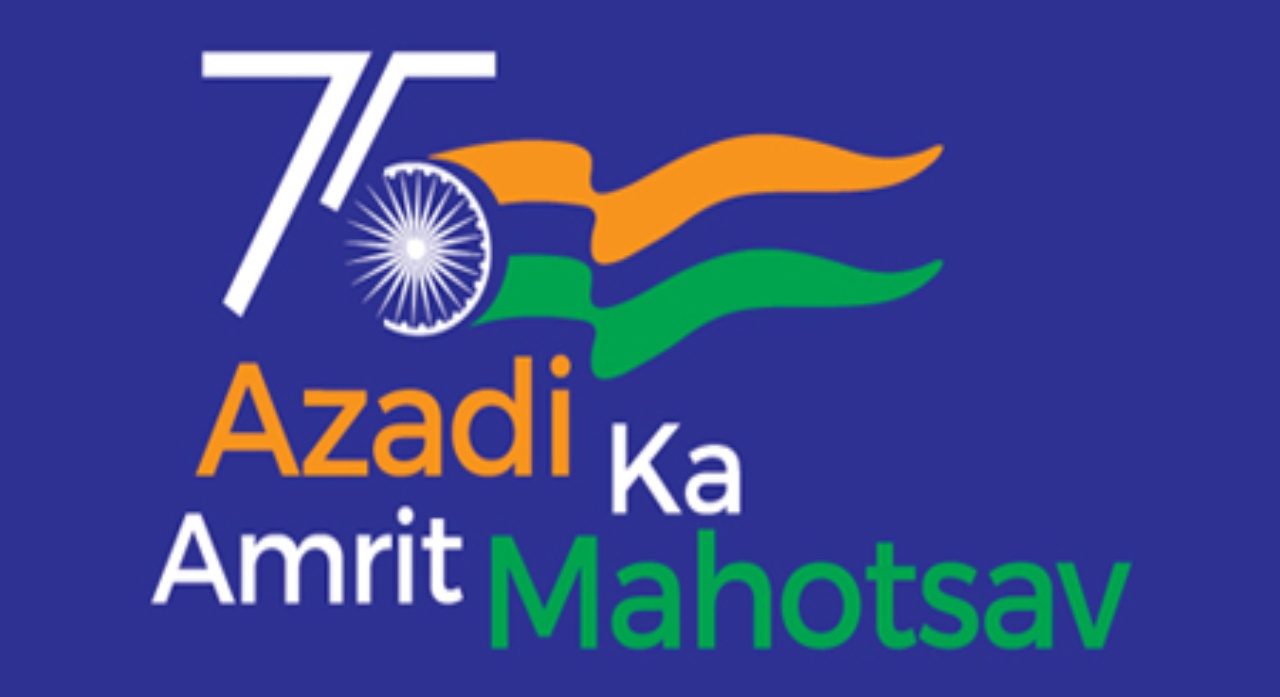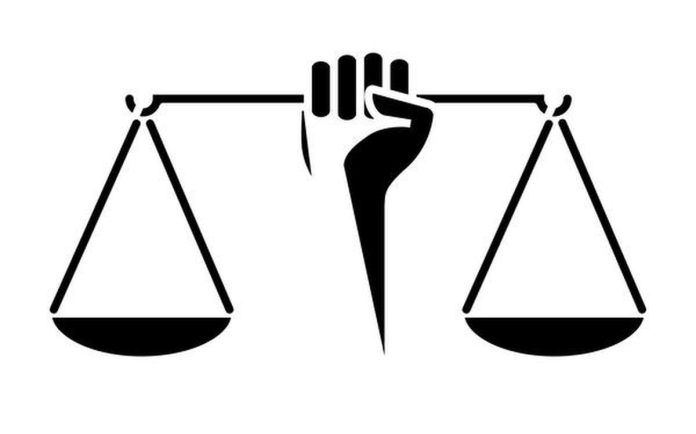- The Indian community spread across the vast swathe of land and millions of diaspora scattered around the world calling adopted lands their homes would be delirious, excited, and looking forward to celebrating the momentous 75th year of independence. The Union Government has left no stone unturned in disseminating the information over the last year or so perpetually reminding the ensuing 75th independence day. Aptly titled Azadi Ka Amrit Mahotsav, the clarion call given by the Prime Minister of the country to celebrate the occasion with gusto and unabashed national fervor has reverberated across the country and beyond.

PC: News9 Staff
- The Indian citizens are geared up to soak in the national revelry is visible, and rightly so. While we the proud citizens would not flinch from embracing patriotism at any given opportunity, the situation on the ground also compels us to introspect and contemplate whether the Constitutionally guaranteed fundamental rights are upheld in the letter and the spirit. One of the banes of the Indian society has been the caste prejudice prevalent since medieval times which continues to exist even in the present day, so-called modern world with unprecedented developments to boot.
- That society is still prejudiced against the lower castes where the upper castes unabashedly perpetrate inhuman discrimination speaks volumes about how little progress has been achieved in addressing the age-old malady is a poor reflection on our stinted growth and skewed priorities. Of course, tremendous efforts from the leaders representing different walks of life have contributed whilst ushering in level playing fields and on an even keel cannot be disputed. Mind you, our political landscape is riddled with a complex and labyrinthine caste-based conundrum in reservations to education and employment is an indisputable fact.

PC: Shikha Pokhriyal
- The moot point to ponder over here is whether the same has actually helped the deprived and the downtrodden on the ground to feel at par with the other strata of the society. Regrettably, the answer is a resounding no. Even the envisaged political equality aimed at uplifting the deprived communities is sorely missing all these decades. Unfortunately, the founding promise of political equality also seems years away from achieving its intended benefits. A recently conducted survey of 24-district by the Tamil Nadu Untouchability Eradication Front has found many kinds of discriminatory behaviors against Dalit Panchayat presidents.
- Some of them are cringe-worthy. Denied access to their office, not provided with documents they need, stopped from sitting on chairs and disallowed from hoisting the tricolor. Then there are schoolchildren all over India refusing midday meals cooked by Dalits, gruesome atrocities against Dalits, and a thousand invisible hurdles that dictate where and how they can live and work. The whole point of democratic participation seems foreign to many in a society still riddled with pre-modern hierarchy and domination. If good sense and state rules and laws don’t work in the face of entrenched prejudice, then perhaps fear will – those who deny basic constitutional rights to others must be seen to be paying heavily for it. Some work to do.






